A Guide To 2 & 3 Year Fixed Tariffs
A fixed tariff is ideal for managing energy bills at a stable unit price.
February 2022

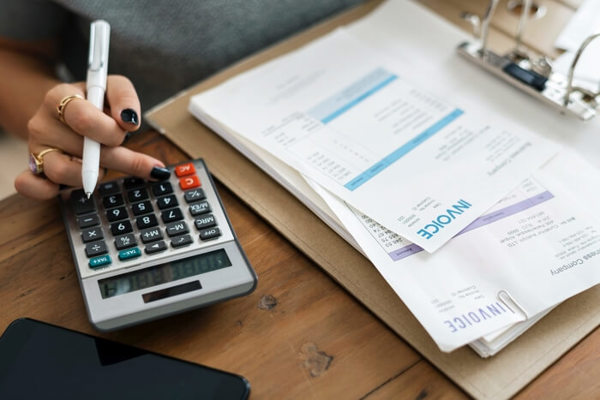
A fixed tariff is ideal for managing energy bills at a stable unit price.
February 2022

If you think the property may be left empty for more than a few months, it's worth thinking about what energy tariff you should place it on.
February 2022
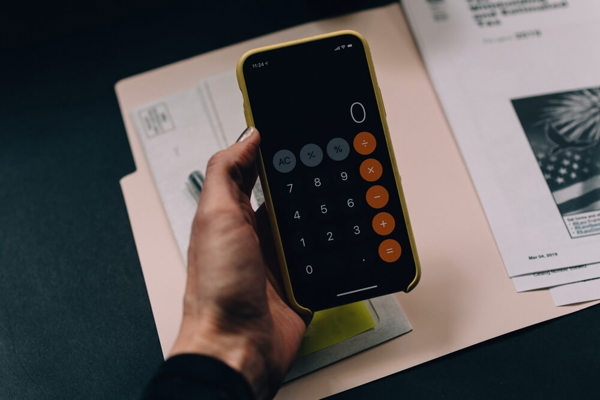
It can be frustrating when you find out you have a large mobile phone bill on top of monthly charges. Here's a guide to ensure you're not being overcharged.
April 2021


Check out our top tips on how you can make your bedroom more energy efficient.
October 2019

Find top tips for teaching children about energy conservation and the environment from the experts at Love Energy Savings.
January 2021
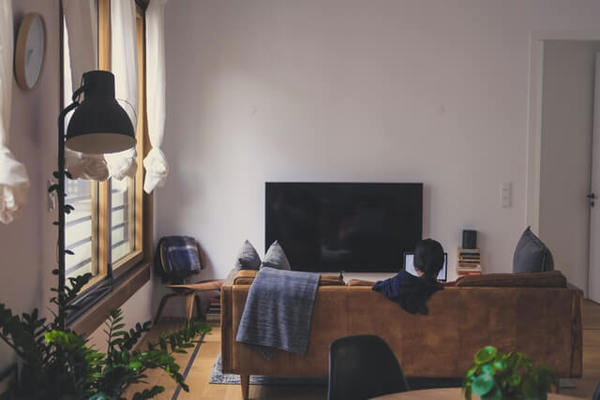
Find out how simple energy saving tips can lower energy costs in your flat or apartment.
January 2021

Check out the Love Energy Savings ultimate energy saving checklist before you jet off on holiday.
January 2021

We explain the pros of switching energy supplier as a landlord, your legal obligations to your tenants and how to keep overheads down.
January 2021
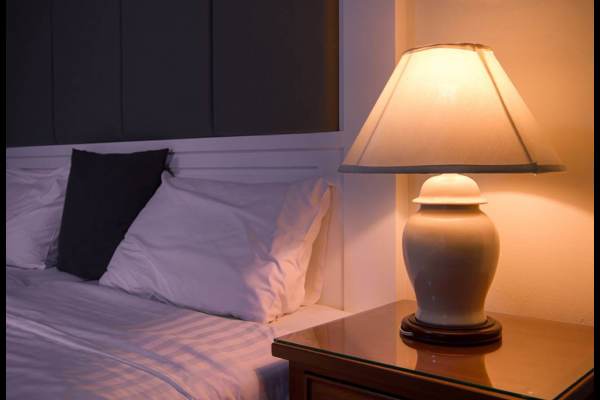
You may have heard of the term off-peak energy before, leaving you wondering if electricity is cheaper at night.
January 2021

All homes and businesses in the UK should have an electricity and gas (where applicable) meter.
January 2021

Our guide offers advice on dealing with energy bills after someone has passed.
June 2020
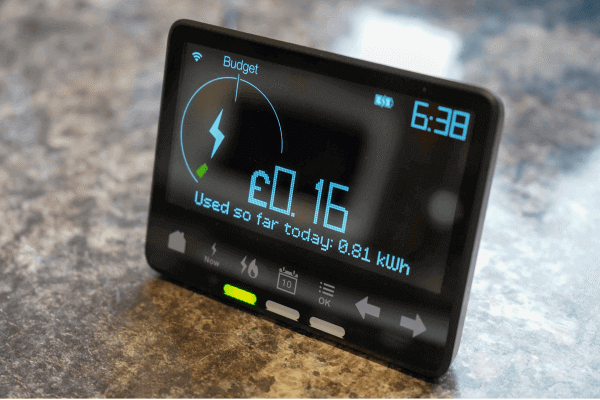
The UK energy price cap will be set at £1,568 per year from July 2024 to October 2024.
August 2023